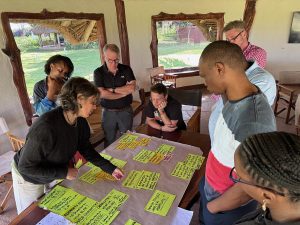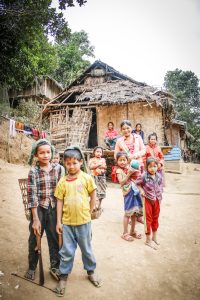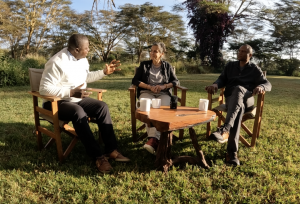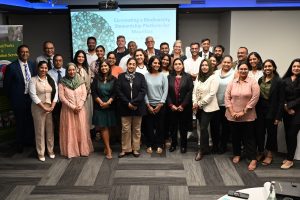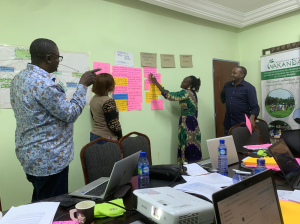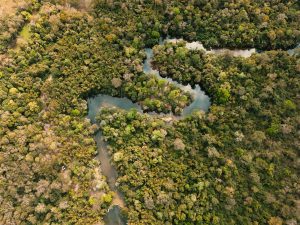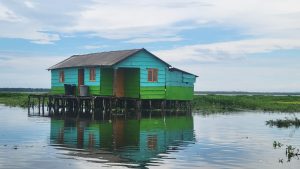Category: Reflections from the field
Water security as a bridge in Ecuador’s high Andes
What does it take to bring diverse actors together in fragile, contested landscapes? In a parish in Ecuador, the answer turned out to be water.
Shaping the unmapped: Governing Paraguay’s overlooked frontier
What does it take to practice Integrated Landscape Management (ILM) in a place with almost no permanent human presence, weak State institutions, and highly unequal power dynamics?
From data and dimensions to “aha” moments: what LFF taught us
As the only non-scientist on the team, it's been fun to watch my Central Component colleagues going "soft" 😉 over the course of this programme. Here's what surprised them.
Communities at the heart of conservation: Lessons from Laos
In the rugged landscapes of northern Laos, conservation is not only about protecting forests and wildlife within park boundaries. It is about forging, maintaining and deepening partnerships with the people who live in and around those landscapes.
Dialogue in disintegrated landscapes: insights on stakeholder engagement
One of the six core dimensions of Integrated Landscape Management (ILM), as articulated in our Central Component’s initial hypothesis, is stakeholder engagement: inclusive, meaningful engagement of all those who shape or depend on a landscape is vital. But what does effective engagement look like in practice?
Facilitating with respect: Lessons from Zimbabwe’s Lowveld
When Lemson Betha first arrived in Zimbabwe’s southeast Lowveld to work as a facilitator for SAT-WILD, he was stepping into unfamiliar territory: he hadn’t grown up in the region, and didn’t speak the local language. But he knew that building trust would be the foundation of any successful work.
Guardians of the green: local stewardship of a global treasure
Mauritius dazzles with emerald peaks and turquoise seas — but its “green” landscapes hide centuries of ecological loss. Nearly 90% of native forests are gone, leaving Mauritians with the urgent responsibility of stewarding biodiversity of global significance.
What we’re learning: Reflections from Francophone Africa
As part of our formal learning process, we are working together to draw out key messages and insights from each country – not just to close out the programme, but to support the next generation of Integrated Landscape Management (ILM) innovators and champions.
What we’re learning: Reflections from Latin America
Integrated landscape management can feel abstract – but it comes alive in the field. This year, we've been revisiting our landscapes to see how ILM is taking shape in practice. Through honest conversations, collaborative reflection and some challenging questions, we've been exploring what’s working, what isn’t, and how teams are learning as they go.
Observing how iterative learning and adaptation contribute to Integrated Landscape Management
Progress might require a meandering route in politically sensitive, ecologically important, and operationally challenging settings. Recent experiences from our landscapes in Latin America and the Caribbean illustrate how adaptive learning offers a way forward.




